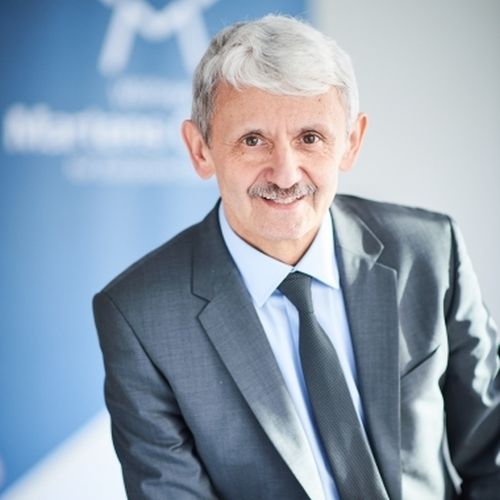Mikuláš Dzurinda

Mikuláš Dzurinda
President
WMCES, Belgium
Mikuláš Dzurinda was elected president of the WMCES in December 2013. He is the former prime minister of Slovakia (1998-2006) and has held various positions in government since first entering politics in 1990. Once he became prime minister and formed a coalition government in 1998, Dzurinda introduced far-reaching reforms which have enabled Slovakia to begin the process of joining the EU and NATO. After being re-elected in 2002, Dzurinda led Slovakia to become a member of the EU and NATO in 2004, a process which he actively took part in from the beginning. Since Slovakia gained independence in 1993, Dzurinda has also held the position of Minister of Transportation and more recently that of Minister for Foreign Affairs (from July 2010 to April 2012). Dzurinda is a founding member of the Slovak Democratic and Christian Union – Democratic Party (SDKÚ-DS) and was chairman of the party from 2000 to 2012. From 2012 to 2016 he was a member of the Slovak Parliament. In 2007 he was awarded the F.A. Hayek International Prize for reforms and fight against bureaucracy. He is also a marathon runner.
Thursday 11
-
19.50 - 20.30
From Margins to Mainstream: The Far Right's Threat in European Politics
Artemis Hall | European Cultural Centre of Delphi
Programming Partners: Wilfried Martens Center for European Studies & Konstantinos Karamanlis Institute for Democracy
Populism and far-right extremism are not novel phenomena within European societies and politics. On the contrary, their deep roots in history have led to catastrophic outcomes for European nations. Ongoing wars in our neighboring regions, global economic challenges, and an unprecedented wave of immigration have strained the cultural, social, and religious cohesion of European societies, making the far-right ideology appear as a seemingly rational political alternative. Across Europe, extreme right-wing parties have either already gained significant support or are poised to do so in various types of elections. This time, the far-right threat is tangible. This panel, organized by the Martens Centre and the Konstantinos Karamanlis Institute for Democracy, will focus on these developments and endeavor to address some of the most pressing questions for the European Union in light of the formation of the new European Parliament.